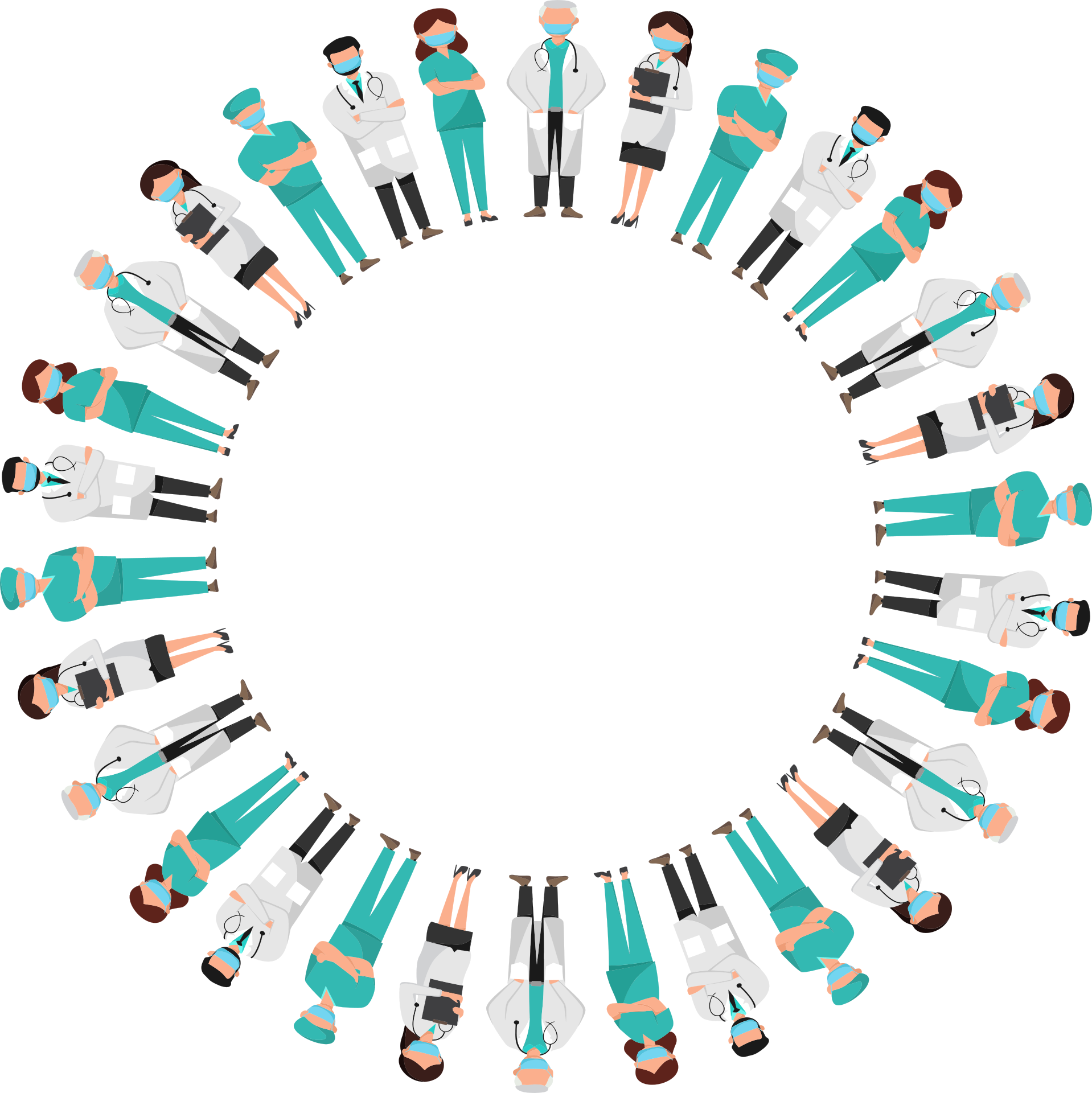This leads to an ever finer specialization of the individual medical subjects; internal medicine is probably the most impressive example here, which is also reflected in the current efforts for a new training regulation with earlier separation into individual subjects.
Early on, developments in the training of future generations of physicians were anticipated and the Medical Curriculum Vienna (MCW) was created, which has been in full operation since 2002/2003. The aim is not only to convey the current rapidly growing state of knowledge, but also to design the training according to modern didactic methods as close to practice as possible. The special challenges of the profession, such as medical interviewing and the holistic view of the human being, are to be given special consideration. The basic structure of the MCW is no longer individual subjects, but subject areas arranged in blocks and continuous, practically oriented line elements. Knowledge assessment is primarily through written examinations at the end of the academic year (Summative Integrated Examination, SIP).
As the latest major change, since 2014 the last year of study has been designed as a clinical-practical year (KPJ): "In the KPJ, the students of human medicine of the 6th year of study are active as learning team members in the departments of the university hospitals of MedUni Vienna and the accredited teaching hospitals. They are accompanied by mentors during their intensive, clinical-practical training" (Website of the Medical University of Vienna). KPJ students remain in a department for up to 16 weeks and can thus be integrated and deployed in routine operations with their sometimes complicated procedures. Especially a university hospital with a relatively high incidence of rare diseases, e.g. rheumatic diseases, can impart practical and theoretical knowledge at the same time and introduce the rheumatologists of tomorrow to the field.
Rheumatology
In the MCW, the importance of rheumatology is increasingly taken into account. Rheumatological basics occur mainly in the 7th semester (Block 21 "Movement and Performance, Pain"). Here, the arc is drawn from the anatomy of the musculoskeletal system to imaging techniques to performance physiology and sports science, traumatology and orthopedics to rheumatology. A number of other key topics such as pain in its many manifestations are included. Content with a strong connection to rheumatology can also be found, for example, in Block 27 "Internal Medicine", which replaces the teaching units of the "Tertials" since the KPJ was established.
Block 21 is accompanied on the one hand by the corresponding manual, in which the essential and especially the examination-relevant knowledge content is presented in brief form and regularly updated, and on the other hand by the growing number of online documents, which go into more detail, whereby the main lecture with the cross-linking of the knowledge content and the possibility of asking questions, which is only possible there, remains indispensable.
Like medicine itself, the study regulations are following a dynamic change, which allows well-trained and motivated graduates to be released into their beautiful, diverse, but also sometimes exhausting and demanding profession.

